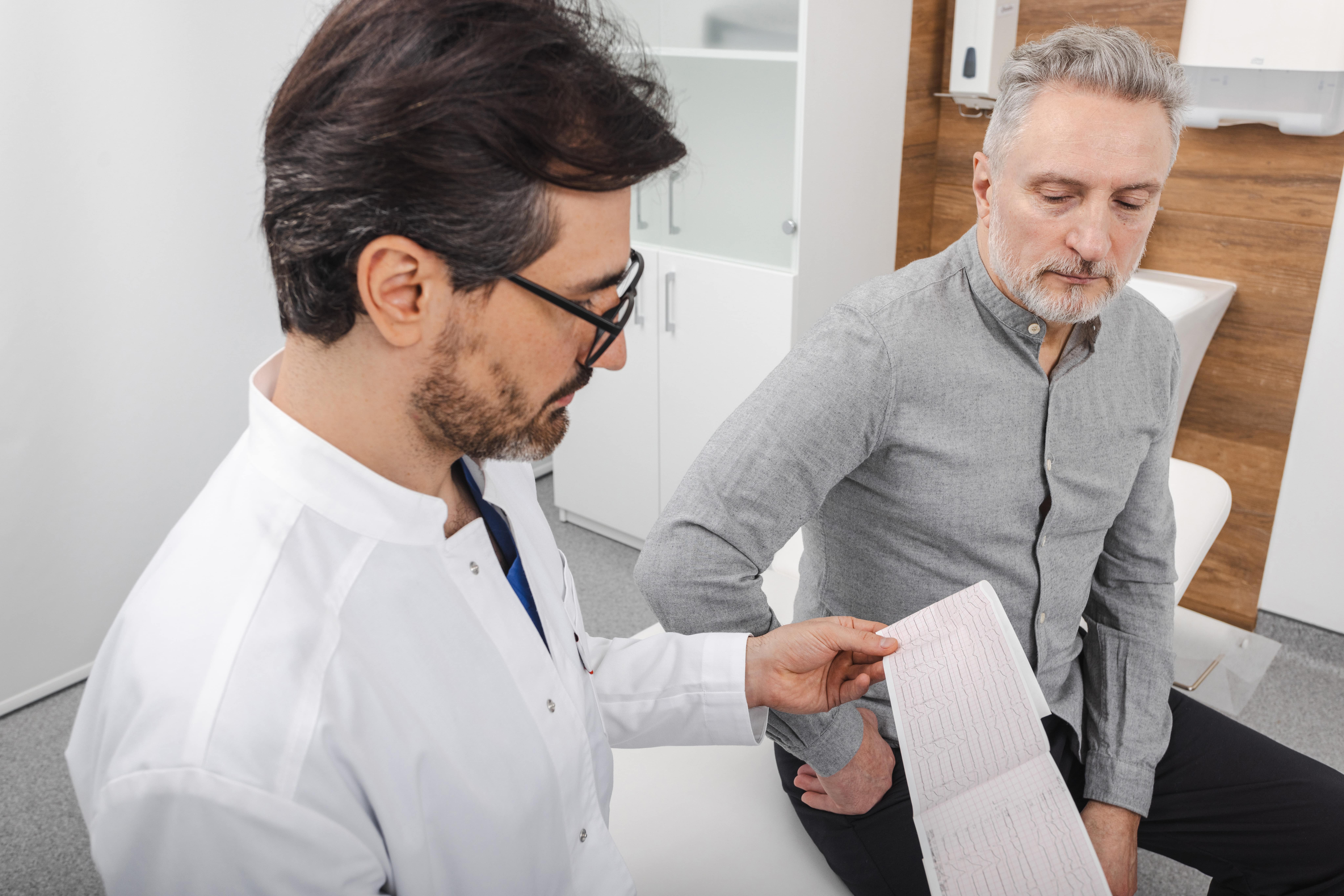Understanding Your EKG Results: A Beginner’s Guide

An electrocardiogram or EKG is a simple and painless test that measures the electrical activity of your heart. It is often one of the first diagnostic tools used when doctors suspect heart-related concerns. While the test itself takes just a few minutes, reading and understanding the results can seem confusing for someone without a medical background. This guide will help you get familiar with the basics of an EKG and what your results might mean.
What Is an EKG and Why Is It Done
An EKG records the electrical signals that travel through your heart each time it beats. Electrodes are placed on the skin of your chest, arms, and legs to detect these signals. The results are then displayed as waves on a graph. Doctors use these wave patterns to evaluate your heart rate, rhythm, and electrical activity.
An EKG is commonly used to detect conditions such as arrhythmias, heart attacks, or other abnormalities in heart function. It may be recommended if you experience symptoms like chest pain, dizziness, palpitations, shortness of breath, or if you have a family history of heart disease.
Understanding the Waves and Intervals
The EKG printout consists of several types of waves and intervals that reflect each heartbeat:
- P wave: This shows the electrical activity of the atria (the upper chambers of the heart) as they contract.
- QRS complex: This section represents the contraction of the ventricles (the lower chambers). It is the most visually prominent part of the EKG.
- T wave: This marks the recovery or repolarization of the ventricles.
- PR and QT intervals: These time periods help doctors assess whether electrical signals are moving properly from one part of the heart to another.
Any irregularities in the size, shape, or timing of these waves can help identify potential issues.
Common EKG Findings and What They Mean
Here are some examples of common EKG results and what they might indicate:
- Normal EKG: Shows a consistent pattern of P waves, QRS complexes, and T waves in a regular rhythm.
- Bradycardia: A slow heart rate that may be normal for some individuals like athletes or may signal a problem with the heart’s electrical system.
- Tachycardia: A fast heart rate that could be due to stress, fever, or a heart condition.
- Arrhythmias: Irregular rhythms that might mean the heart is beating too fast, too slow, or skipping beats.
- Signs of a previous or ongoing heart attack: Specific changes in wave shapes and intervals may indicate heart muscle damage.
- Electrolyte imbalances or medication effects: These can also affect your EKG readings.
What to Expect After an EKG
Getting an EKG is quick and involves no recovery time. Once the test is completed, your doctor will review the results and explain what they mean in your specific case. If any abnormalities are found, additional testing may be recommended such as a stress test, echocardiogram, or Holter monitor to gather more information about your heart function.
It is important to remember that one abnormal EKG result does not always mean there is something wrong with your heart. Some variations can be harmless or even normal for your body. That is why interpretation by a trained healthcare provider is essential.
The Importance of Regular Heart Monitoring
Even if you feel healthy, routine heart checks including EKGs can play a vital role in preventive care, especially if you are at risk due to age, lifestyle, or medical history. Early detection allows for timely treatment and better outcomes.
Get Expert Help Reading Your EKG
At Family Medicine & Dentistry of East Brunswick, we understand how overwhelming medical tests can be. Our team is here to explain your results clearly and guide you every step of the way. Whether you need a routine screening or are experiencing symptoms, we offer professional and compassionate care to support your heart health.
Schedule your EKG in East Brunswick, NJ today and let us help you stay on top of your cardiac wellness with confidence and clarity.

